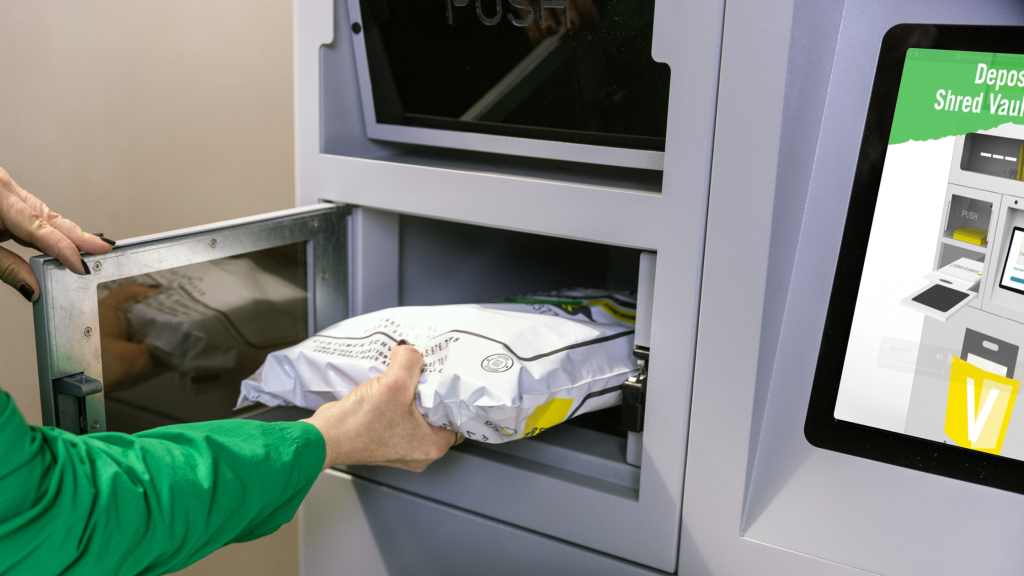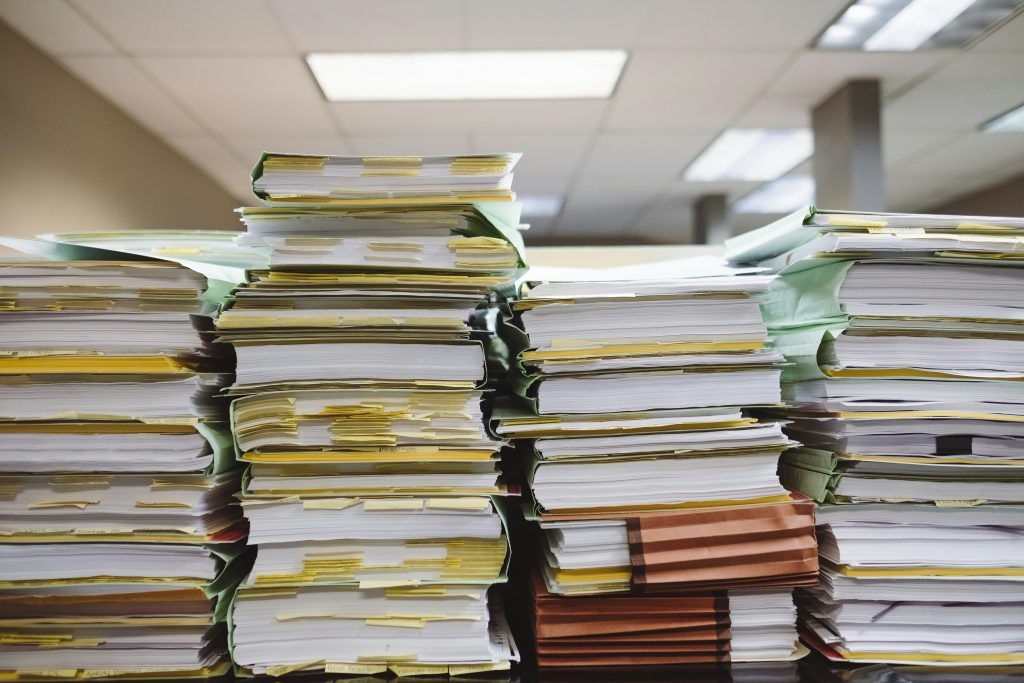Of all the lasting effects of the pandemic, few were as dramatic or have had the staying power of remote working. Some actually moved from the city to the suburbs to get a bigger house with a home office. Many invested in (or were given) new computers and new scanners and printers. We all got used to virtual meetings. Daycare was a thing of the past. Errands, no problem.
And so here we are. The masks and vaccination lines are gone but remote working continues. It is, as they say, part of the new normal.
Though the most immediate challenges of remote working were addressed by virtual meetings and new equipment, some issues were left dangling. One issue, in particular, that has continued to be a concern is data destruction. In light of data protection regulations like HIPAA, GLBA, FACTA and breach notification requirements, secure information destruction has to be taken seriously.
People don’t remember now, but when the pandemic first hit, printer cartridges routinely sold out- everywhere. You couldn’t get them online or at the store. Printers and paper sales went through the roof too. Of course, they did; after all, everyone was working from home.
But where was all that paper going? Where is it going now? The trash! Or, even worse, the recycle bin!
During the first year of the pandemic, the “don’t-ask/don’t-tell” principle ruled the day. It’s plausible that regulators may have even forgiven some bad data protection housekeeping when things were changing so fast.
But now that the pandemic clouds have cleared, the head-in-the-sand approach won’t fly, and organizations run a grave risk by leaving remote employees to their own devices. Let’s face it, telling them to properly destroy information, or to buy a shredder, isn’t enough. Imagine telling employees in the office to properly destroy the information but not providing them with a convenient way to do it.
And yet, isn’t that exactly what happens in the remote working scenario? Employees are told to be careful with how they destroy company information but where are the tools? Where is the process?
Fortunately, Shred Vault has the answer, with multiple convenient, cost-effective secure data disposal solutions for remote workers.
With our Shred Vault kiosks, for instance, employees are given a sealable, tamper resistant Shred Vault Bag that is specifically registered to them and to the organization, which, once filled, can be deposited at one of the many conveniently placed secure Shred Vault kiosks around the city. Workers simply scan and deposit the Shred Vault Bag. Upon deposit the employee will receive an immediate digital receipt of deposit. Once destroyed both they and the employer can get a confirmation of destruction. This record of consistent data destruction is critical, especially when compared to the complete absence of any disposal records when remote employees are left to their own devices.
And, the Shred Vault Bags can be reordered online too, or purchased at participating retailer locations. Organizations can even set up an account to make it that much more convenient.
Alternatively for large volumes, there is our Shred Vault Mobile Destruction Service, where our self-contained, secure shredding truck can make a pickup right at the worker’s residence.
The important thing is to do something. Leaving data destruction to chance is not a strategy and certainly not prudent. It puts the organization, its customers and its stakeholders at risk, and would likely be considered negligent under the law.
Related: Home & Office Shredders: A False Sense of Security
© 2023 Shred Vault, LLC – All Rights Reserved





